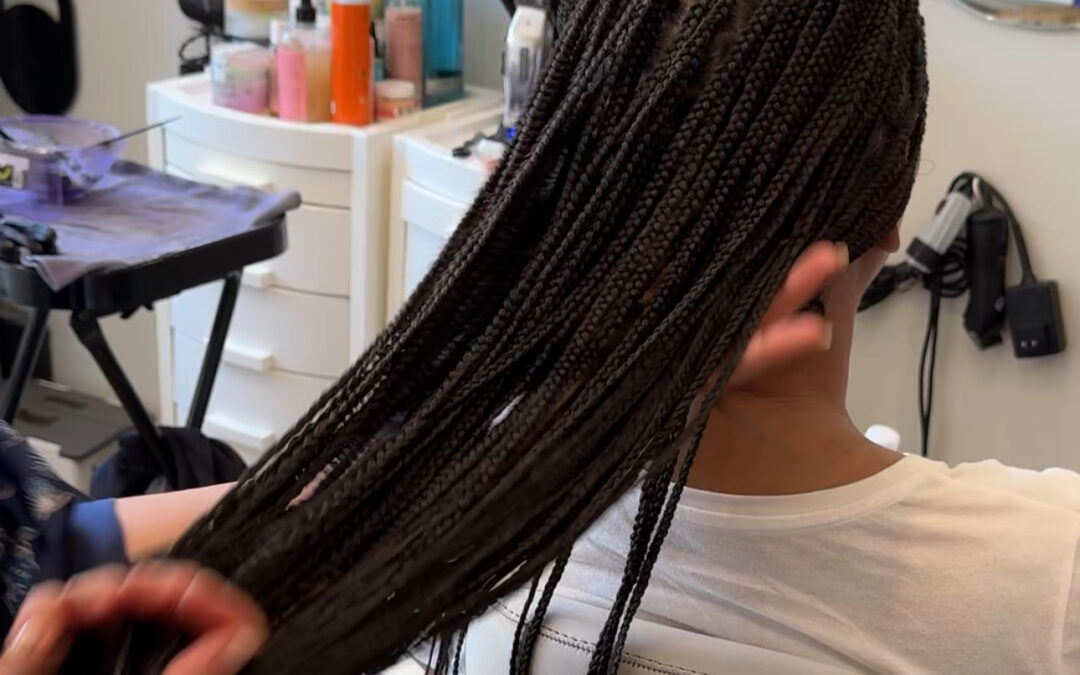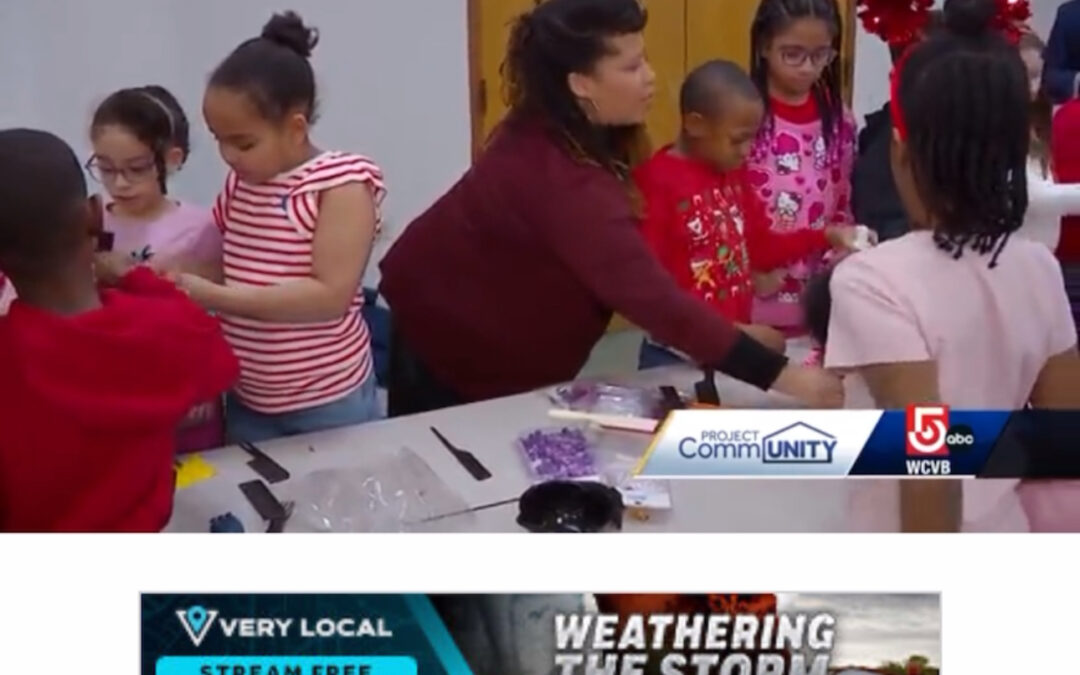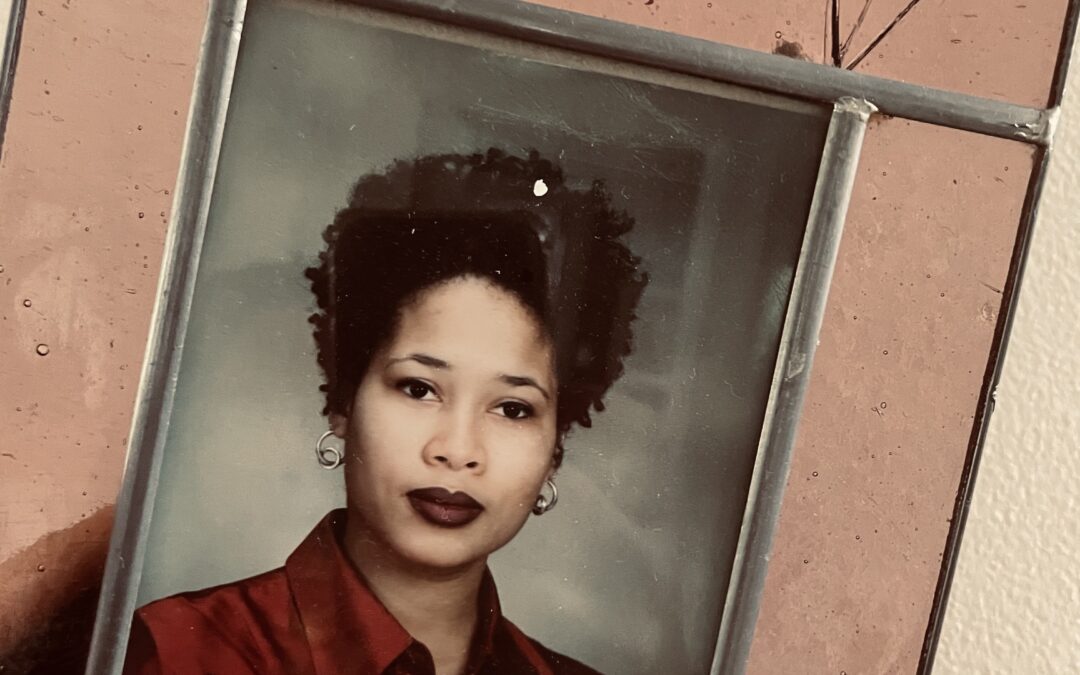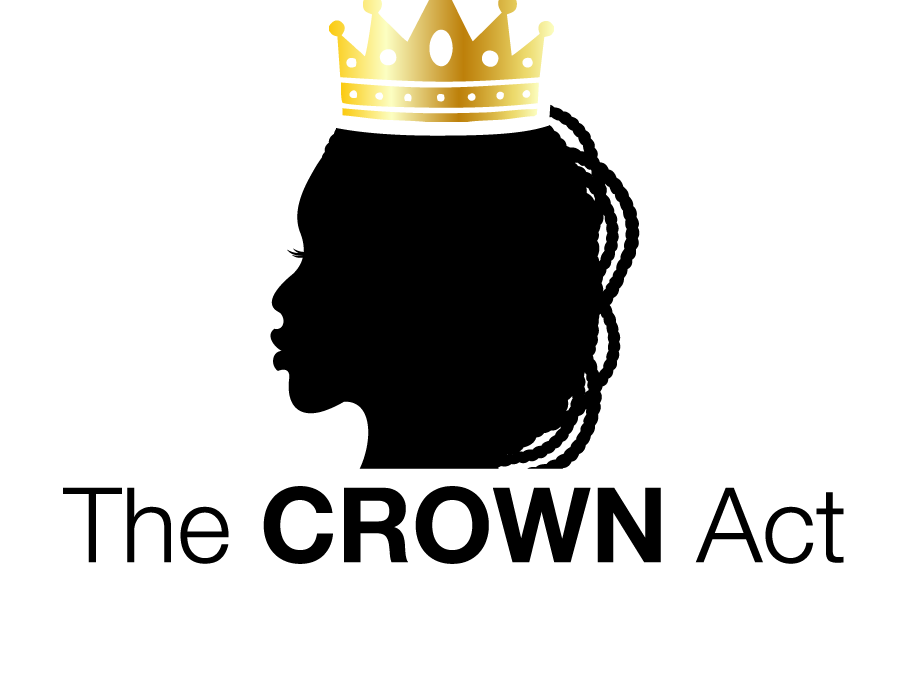
by Zenda Walker | Mar 21, 2025 | Activism, Business, Hairitage
Introduction
The recent Consumer Reports study on synthetic hair has delivered unsettling results. Confirming long-held concerns, the study, detailed in Leigh-Ann Jackson’s article, reveals that 100% of the top ten braiding hair brands tested contain harmful VOCs, lead, and carcinogens.
This isn’t just a news flash; it’s a wake-up call. We’ve been here before. The recent natural hair renaissance was driven, in part, by the desire for healthier alternatives after hair relaxers were linked to an increased risk of certain cancers. This new revelation about synthetic braiding hair feels like a betrayal of the hard-won progress we’ve made in embracing our natural hair and cultural styles.
So, where do we go from here?
The Impact on Our Traditions
Consumer Reports’ findings hit hard because our hair customs are deeply intertwined with our identity. We’ve relied on certain products to achieve the styles that connect us to our ancestors and reflect our personal style. The fear is real: how can we continue to honor our traditions when the very tools we use are potentially harming us?
This revelation forces us to confront a difficult truth: the pursuit of flawless styles may have come at a hidden cost. We’ve been conditioned to believe that certain products are essential for achieving our desired looks, but at what expense?
A Call for Radical Honesty and Re-evaluation
Now, I know this might ruffle some feathers, but it’s time for some radical honesty. We need to challenge the status quo and question the very definition of “beautiful” within our community.
Here are some provocative questions that may spark a much-needed dialogue:
1. What if we just let our hair live in its natural frizz? What if we embraced the texture that grows from our scalps, celebrating the unique beauty of our natural hair? Frizz isn’t a flaw.
2. What if we braided down the natural length of our hair? Imagine intricate braids that showcase the natural length and volume of our hair, without extensions or added chemicals. It’s possible.
3. What if we let our Afros shrink? We love the big, bold Afro, but what if we allowed our hair to naturally recoil, embracing its natural volume and shape? What if we valued health over size and length?
4. What if we normalize free-form or cultivated locs for all ages? What if we allowed our locs to evolve organically, celebrating the natural process and release the stigmas that are attached to locked communities?
These questions aren’t about abandoning our traditions; they’re about honoring and reimagining them. They’re about prioritizing our health and well-being without sacrificing our cultural expression.
The Path Forward: Embracing Cleaner Beauty Alternatives
The good news is that we don’t have to choose between our health and our heritage. There’s a growing movement within the Black hair community that’s focused on clean, natural, and non-toxic products.
Here are some braiding hair brands that are leading the way:
- ReBundle: Founded by, Ciara Imani May, is known for their sustainable, plant-based braiding hair derived from naturally extracted banana fiber.
- Dosso Beauty: Founded by Kadidja Dosso, this brand focuses on clinically tested, pre-cleansed, pre-stretched, hypoallergenic and itch-free braiding hair.
- Nourie Hair: Founded by Osahon Ojeaga this brand boasts vegan, clean braiding hair that releases a nourishing complex during the wear of the hair.
100% human hair is another alternative to minimize or avoid harmful toxins and the discomfort that can come from chemical inflammation. It is recommended to still pre-wash the hair prior to installation as an extra precaution.
Here are some Human hair bundle hair and wig brands that are at the top of our list:
- Trace by Angela C. Stevens (aka. Angela C. Styles): Includes classic bundles, clip-ins and U-part inventory options are coming soon.
- True & Pure Texture by Pekela Riley: Includes bundles and clip-ins with an array of textures to achieve endless styles.
- Eve By Boz by Bozoma Saint John: Accompanied by a full care line up, this new line of human hair wigs and bundles offers texture variety and inches that are great for head-turning looks: Eve By Boz Products are manufactured in Ghana, West Africa.
Conclusion
The Consumer Reports study is a turning point. It’s an opportunity for us to redefine our beauty standards and reclaim our hair rituals. Let’s continue to embrace our natural textures, explore innovative styles, and support brands that prioritize our health.
It’s time to strip down to the basic necessities of healthy haircare. Our traditional styles can be achieved with safer products and in some cases, a curated paired down line up. We don’t have to sacrifice our health for beauty. Let’s create a future where our hair is a symbol of both our heritage and our well-being.
Let’s start the conversation. What are your thoughts? Share your experiences and insights in the comments below.
Zenda Walker is licensed cosmetologist and award-winning author of “Zara’s Wash Day” and “Zion’s Crown”- two books that celebrate hairstyles of the African Diaspora (Released by Running Press Kids in 2024). Zenda is also the CEO of Know Your Hairitage-an education consulting company that supports K-12 school districts with culturally responsive programming. She is represented by The Seymour Agency. For more information visit www.knowyourhairitage.com.

by Zenda Walker | Feb 18, 2025 | Activism, Culturally Responsive Content, Hairitage, Hairitage Activism
As seen on WCVB Channel 5- Reporter: Todd Kazakiewich
See full video here: https://www.wcvb.com/article/elmentary-school-students-in-boston-get-lesson-embracing-cultural-differences/6379941
BOSTON —
In honor of Black History Month, a Boston elementary school is getting a lesson in embracing cultural differences.
Children’s book author Zenda Walker is visiting the young scholars at the Mission Grammar School in Roxbury as part of Black History Month.
She reads to them from her books, “Zara’s Wash Day” and “Zion’s Crown,” books she said are written to educate and inspire young people of color.
“I hope they see themselves in the characters of these books, and I hope that something resonated with them where now they look at their wash day, their days at the barbershops a little differently, and really see that the styles that they wear every day is inspired and has some connection to history that we can all be proud of,” Walker said.
The visit is the culmination of a carefully curated cultural curriculum.
“We’re super excited to, like, amplify the voices of – specifically Black voices – and share it with our scholars,” teacher Marnie Walsh said.
“Marnie and I have really been planning — I lead the social-emotional learning group, and Marnie leads the DEI group for our school — and together, we collaborated about a whole month of activities and special days for the scholars to really enjoy and embrace their heritage,” teacher Emma Caffey
Students were asked what they learned from the books.
“What did you learn from the book?”
“That it really doesn’t matter what type of hair you have,” student Aamara Harris said.
“You should love your hair even when you have locks,” student Haven Petithomme said.
Students are now beginning February vacation with the kind of pride that comes with a fresh haircut — deeply rooted in a proud history and culture.

by Zenda Walker | Jun 1, 2022 | Activism, Hairitage, Natural Hair, News Posts, Textured Hair, Texturism
People of African descent all over the world are embracing their natural hair texture. There is an influx of social media videos showcasing the versatility of afro-textured hair and we are here for all of it! The celebration of the African aesthetic is a welcomed evolution of the 1960s Black Power movement and the much-needed healing we need from the ongoing policing of coily, curly, strands and protective styles.
I went natural in 1997 and quickly learned about the dedication required to keep my hair moisturized, hydrated, and styled. In fact, the upkeep of my natural hair required more product, time, and effort than the chemical relaxer I wore for a brief period in high school. While I did use some of the methods that are popular to define curls today, I often rocked my afro in all its shrunken glory.
Today, I am noticing a curl manipulation trend, particularly in highly textured hair, that can be interpreted different ways. First, I acknowledge that the stretching, reshaping, shingling, twisting-out, braiding-out, recoiling, and fluffing is our way of experimenting and discovering all texture possibilities especially now that there are so many curl-specific products in the market. However, I can’t help but notice the lengths (pun intended) that we are going through to make textured hair more palatable for mainstream audiences. I believe that the over-manipulation of our hair is the manifestation of the lingering psychological effects of colonization.
For example, let’s examine attitudes towards shrinkage. Shrinkage occurs when the water moisture that expands and lengthens the hair during a wash evaporates and the curl contracts or reduces in length when dry. It is a sign of healthy hair and acts as a barometer for moisture retention. Shrinkage is what our true natural hair texture looks like. Unfortunately, raw texture presented as shrinkage is often judged as unkempt, undone and undesirable. It is common to see influencers pose with shrinkage in disappointment, hopelessness, and disgust before revealing the joyous transition of being “rescued” by anti-shrinkage products. I get it. The frustration is likely linked to the feel and look of dryness. But we are not simply re-misting, adding additional moisture, and allowing the curl to spring back freely. We are willing to add hours or even days to our wash day routines by using techniques that involve blow-drying the hair completely straight-just to re-wet the hair and manipulate sections into another protective style that stretches and smoothes the curl pattern when dry.
I’ve learned in my research of this topic that the preference for loosening curl pattern so it is closer in proximity to Euro-centric beauty standards is known as texturism. Texturism also involves the discrimination of people within the same race who have tighter curl patterns. Could the hundreds of years of policing and degrading Black hair, have caused a deeply engrained and subconscious rejection of our raw beauty?
At the end of the day, we have to do what makes us feel beautiful and confident. Maybe the time we are dedicating to defining and altering our curls is all about self-care, self-discovery, and self-love. If that is the case, then let’s continue to explore! But if the weight and pressure of Euro-centric beauty standards is continuing to influence what “type” of curl we deem acceptable, it’s time to shift. I’m with Auntie Maxine (Representative Maxine Waters D-CA) and her viral quote from the 2017 House Financial Services Committee meeting on the importance of “reclaiming my time.” The true freedom of just letting my hair be is priceless. I challenge the natural hair community to unlearn attitudes toward shrinkage and begin to peel back the layers holding us hostage from basking in the glory of our authentic curl patterns-shrinkage and all!
****
Zenda Walker is the Executive Director of Know Your Hairitage, LLC-a DEI consulting business. She is the author of Zara’s Wash Day– a children’s book that celebrates hairstyles of the African Diaspora. Know Your Hairitage offers in-person and virtual vocational hairitage demonstrations, corporate DEI training, and author visits for K-12 school districts. For inquiries, contact info@knowyourhairitage.com.Visit www.knowyourhairitage.com for more information.

by Zenda Walker | Nov 28, 2021 | Activism, News Posts
Here's some exciting news & information about KYH and the great ways we are infusing cultural beauty traditions around the world.
We were only about six years old. He was the class clown. His race never mattered. He made everyone laugh and so I crushed on him. He liked me too.
We passed notes back and forth in class. He asked if I liked him. I checked the yes box. I asked him the same thing. He checked yes. The mutual feeling had me on cloud nine. Then he asked if I was black or white. I knew I was black but I hesitated. I didn’t understand how in that very moment an anxiety came over me and stomach began to turn. I couldn’t shake the feeling that if I checked black, there was a possibility that he would like me anymore. I held my breath and checked white.
He asked , “So what’s wrong with your hair?”
From that early childhood memory until now, I continue to receive messages about how the world views my textured hair. This is why I wrote Zara’s Wash Day and continue to get involved in legislation that protects our cultural hairstyles.
Although I grew up in a home that affirmed my natural hair texture, I was also influenced by the world around me. The messages that I received from peers in school, teachers, co-workers and employers was that my hair was different- but not necessarily in a positive way. My hair was always described as weird, untidy, ugly, offensive and unprofessional. It was always confusing growing up because my natural hair texture was my state of being and I never felt like it was ok to just be.
I experienced potential employers taking pictures of me in job interviews and touching my hair without permission. I even wonder if my natural hair has been a deterrent or created a barrier for my personal and professional growth. The challenge for so many is that our natural hair texture, hair traditions and customs are a part of who we are. Our coily, curly, textured strands, locks, braids and afros are linked to our African ancestry and is one of the most important traditions we manage to still celebrate hundreds of years after the horrors of the Trans-Atlantic slave trade. Afro-centric “hairitage” is one way that we hold onto our heritage and is also one of the ways we seek true freedom of expression.
I want my daughter to grow up in a world where she is not judged by her hair, but by the content of her character. I want her to grow up being proud of her natural beauty and being confident about celebrating our hair traditions. No person should be forced to hide who they truly are and employers should be focused on the competencies of the job and the importance of creating work environments that foster a sense of belonging.
On November 23, 2021 I testified as Founder and Executive Director of Know Your Hairitage, in front of the Joint Committee on the Judiciary in support of H.1907-The C.R.O.W.N Act MA. CROWN stands for Create a Respectful and Open World with No Racism. This legislation was spearheaded by CA Senator Holly J. Mitchell and is supported by The DOVE Coalition. To get involved please visit the following link and sign the petition.
SIGN THE PETITION



